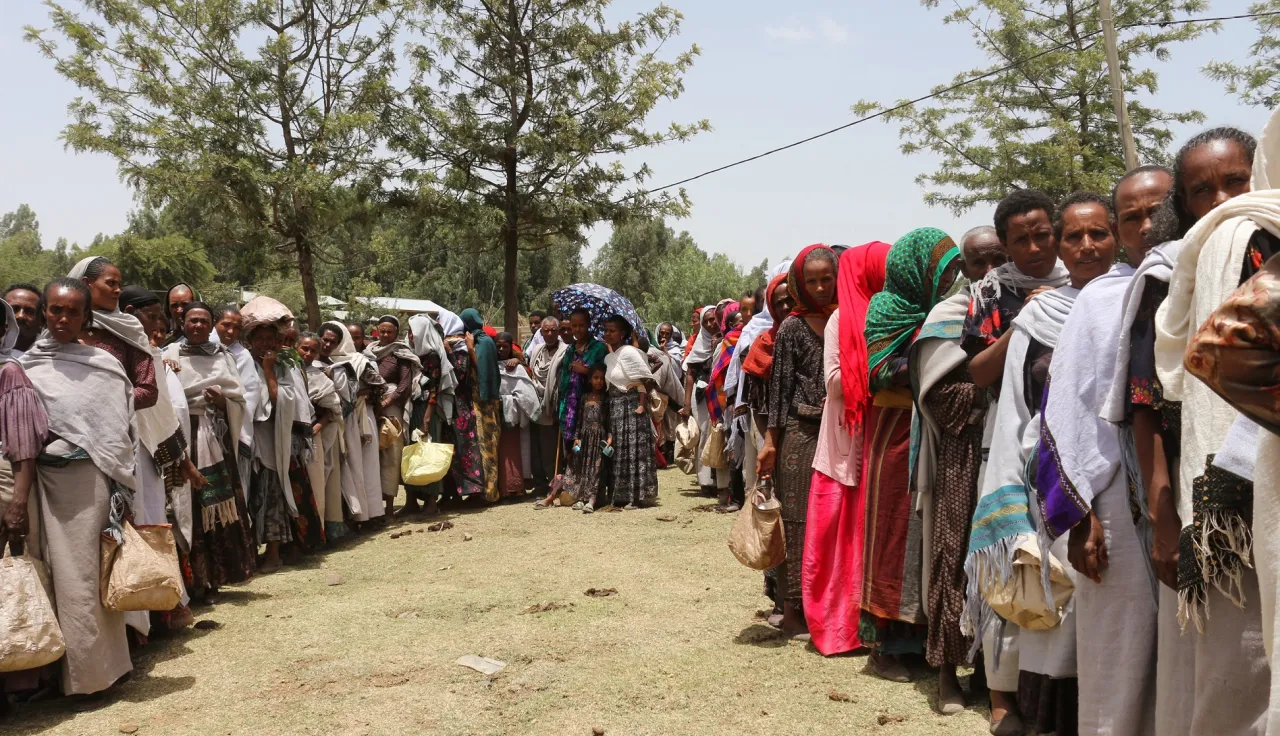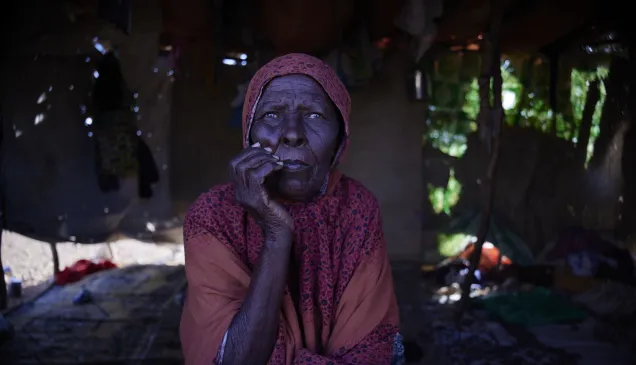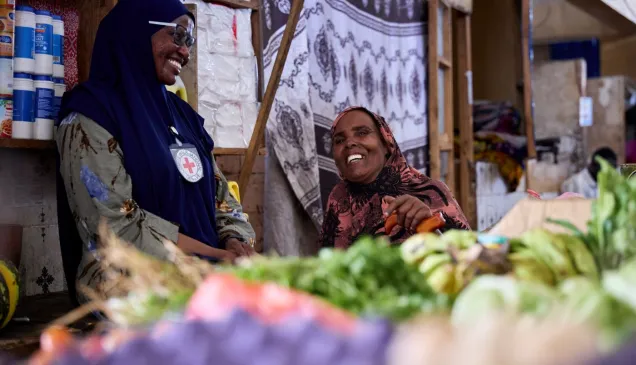My first visit to the Horn of Africa as the president of the International Committee of the Red Cross (ICRC) comes at a difficult time for the region, which is suffering the compound effects of conflict and climate change.
As the humanitarian situation for millions of people deteriorate, the ICRC is increasing its focus here: in the past three years, the ICRC budget for Ethiopia, Kenya, and Somalia increased by 32%, with Kenya playing a crucial role of a regional hub. The global budget increased by 9%. This demonstrates our unwavering commitment to assist vulnerable communities affected by armed conflict in this region, despite global upheavals.
Each country in the Horn of Africa faces its own challenges. The peace process in northern Ethiopia offered hope to millions of people who endured two years of tremendous suffering and deprivation caused by the conflict. But humanitarian needs remain enormous, especially in remote areas of the Tigray, Amhara, Afar and Oromia regions. In Somalia, civilians bear the brunt of the conflict, which has intensified over the past year, while the country and the entire region are suffering from the record drought.
Some of the largest problems extend beyond national borders. The food crisis is tightening its grip on the most vulnerable communities throughout the region, and the devastating effects of climate change cannot be contained within a single country. People fleeing violence and climate shocks cross national borders, and the humanitarian efforts to prevent families from being separated reach across several countries and sometimes continents. This is why it is so crucial for us to continue our close collaboration with the African Union, a key actor in addressing these regional problems. I also cannot emphasize enough the importance of the national Red Cross and Red Crescent societies – part of the largest humanitarian network in the world. Without the Somali Red Crescent Society, Ethiopian Red Cross Society, Kenyan Red Cross Society and other Movement partners around the world, we would not be able to reach people who urgently need help.
During this challenging time, the ICRC continues to promote respect for international humanitarian law and to uphold its principle of neutrality that enables it to bring protection and assistance to communities in remote, conflict-affected areas.
The world is facing significant political and economic trials that also affect humanitarian action, as we must overcome rising operational costs, increased competition for funding, and at times even a questioning of essential humanitarian principles. We count on the ongoing support of our donors for this region, where we have shown the true value of neutral and impartial humanitarian action.
I trust that my visit will send a message that the suffering of people affected by armed conflicts and violence in the Horn of Africa will not be forgotten and that we will continue responding to the most urgent humanitarian needs.
For more information, please contact:
Alyona Synenko, ICRC Nairobi, Tel. : +254 716 897 265
asynenko@icrc.org




